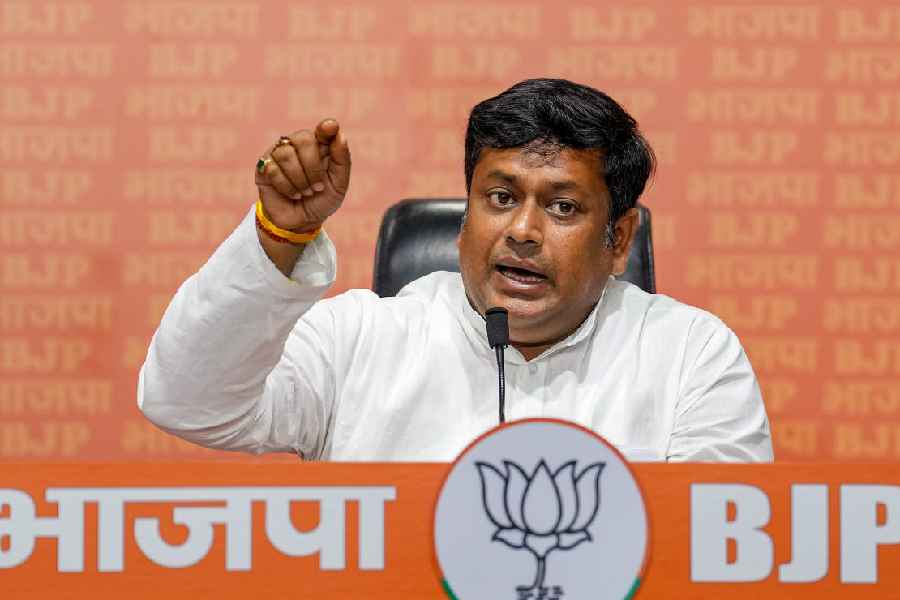Customs notification No. 405/12/88-CUS-III, a bureaucratic slip of paper, changed several lives forever. This was the notification banning Salman Rushdie’s The Satanic Verses in India — one of the first countries to ban the book — because of concerns that orthodox Muslims would find parts of the book blasphemous. This was followed by the book being banned in other countries like Iran, a fatwa being issued against Mr Rushdie — he had to go into hiding and exile — his translator being stabbed to death, riots in Mumbai claiming several lives and, years later, the author himself being grievously attacked by a fanatic. The 36-year-old ban has now been lifted because — the irony is palpable — of another bureaucratic slip up: the Central Board of Indirect Taxes and Customs has misplaced the original order and, as such, the Delhi High Court, which was hearing a plea challenging the ban’s constitutionality, found the ban to be null and void. It must be noted that it is bureaucratic ineptitude rather than a defence of fundamental rights that has allowed The Satanic Verses to return to book shelves in India 36 years after its publication. Its resurrection notwithstanding, the saga of Mr Rushdie’s book is one of political supplication to orthodoxy. The Rajiv Gandhi-led government succumbed to populism by banning the book in 1988 after protests by conservative Muslims. This decision to sacrifice the freedom of expression in a democracy was shamefully driven by electoral interests.
Worse, democratic India has often failed to stand up for literary rights and freedom. V.S. Naipaul’s An Area of Darkness was banned for its negative portrayal of India while Nine Hours to Rama by Stanley Wolpert was proscribed owing to its controversial subject — the assassination of Mahatma Gandhi by Nathuram Godse. Each of these bans upheld the triumph of dogmatism over the receptivity to embrace diverse lines of thinking. Democracy thrives on open discourse, debate, and the free exchange of ideas. When books are banned, it stifles intellectual engagement and fosters a climate of fear and censorship. Moreover, bans do not eliminate controversial ideas; they push them to the background, weakening the collective ability to objectively engage with thought that challenges received ideas. Rather than endorse censorship, democracies should encourage literary content that is stimulating, even provocative. The right to read freely is essential in a democracy and book bans are incompatible with this fundamental freedom.











